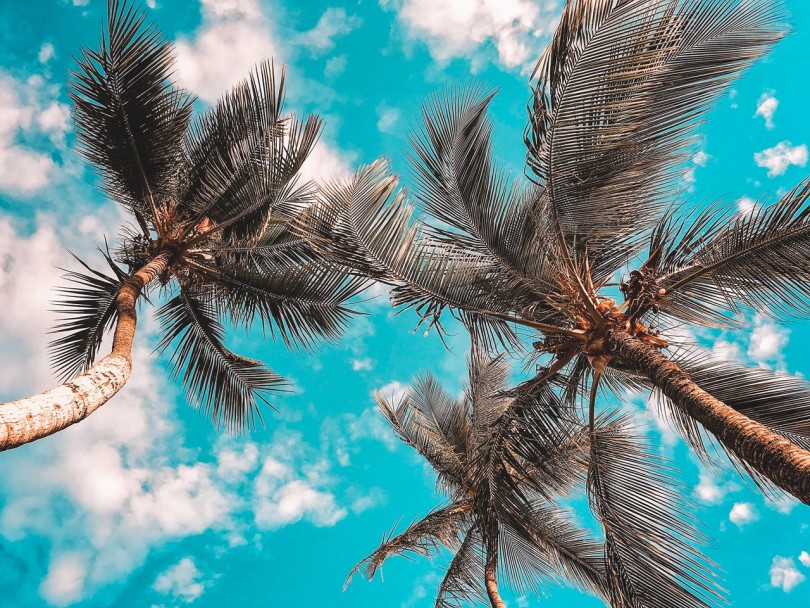How does Battery Energy Storage work?
19 Apr 24
Enviro ChatThe Global News Source for the World of Science and Chemicals
29 August 2019
Lab Chat
The UAE has successfully sent a package containing palm tree seeds to the International Space Station (ISS) as the first phase of its plan to experiment whether the hardy plant can germinate in orbit. The payload arrived by the rocket Falcon 9, which was launched last month from Space X at Cape Canaveral in Florida, USA./p>
Dubbed ‘Palm in Space’, the project has been timed to coincide with the arrival of the first ever Emirati in space, Hazza Al Mansouri, who is scheduled to arrive at the ISS later next month. The initiative represents the latest in the UAE’s attempt to contribute to alternative methods of securing adequate food supplies on a global scale.
‘Palm in Space’ is a collaborative effort between the UAE Space Agency, commercial orbit access provider NanoRocks and the College of Food and Agriculture at the United Arab Emirates University (UAEU). Working together, the three organisations believe they can achieve remarkable feats and are hopeful their experiment could pave the way for similar innovations in the future.
According to the project director at the UAE Space Agency, palm tree seeds were chosen for a number of different reasons. The palm is a strong symbol of the country, being found in natural abundance throughout its terrain and also in the three artificially created islands of Palm Jumeirah, Deira Island and Palm Jebel Ali. At the same time, the palm is also an incredibly adaptable specimen which can tolerate extreme conditions, so it’s hoped the experiment could prove fruitful.
The celestial experiment will attempt to verify whether it is indeed possible to germinate palm tree seeds at zero gravity and under all of the other unusual atmospheric conditions that a space environment brings. At the same time, a parallel experiment will be running on Earth, wherein Emirati scientists will plant palm seeds at the UAEU at the same time.
By comparing the differences and similarities in growth between the two specimens, the UAEU team hope to learn more about agriculture and crop cultivation in space. When the ISS experiment is completed, the seeds are to be returned to
Earth and replanted in domestic soil to gain further understandings about the plant’s adaptability.
Regardless of the success of the ‘Palm in Space’ project, the innovative thinking behind shows that the UAE is moving in the right direction when it comes to considering its environmental obligations. Quite apart from food security, trees are an important part of our eco-system which perform a variety of jobs in safeguarding the health of our climate and our planet.
Indeed, a recent report from the British Committee on Climate Change (CCC) concluded that the UK must plant 30,000 new trees every year until 2050 if it is to reach its target of net-zero carbon emissions. For context, 13% of the UK is covered by forested area, while the UAE only enjoys a meagre 3.9% by comparison – but it must be remembered that the Middle East suffers from far less congenial climes to crop and plant cultivation than Western Europe.
DOWNLOAD PDF

2 Day Seminar Program
@ ArabLab+ 2024
24 & 25 September 2024
Your stay in Dubai
Labkit
Product News
Chemkit
Product News
Thinking about exhibiting at ARABLAB 2024? Watch our video to find out more.
Join the world’s leading organisations…
Join our mailing list and receive the ARABLAB newsletter and event updates.